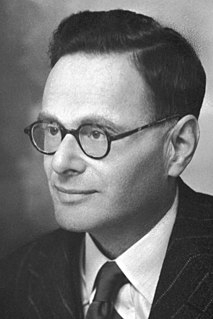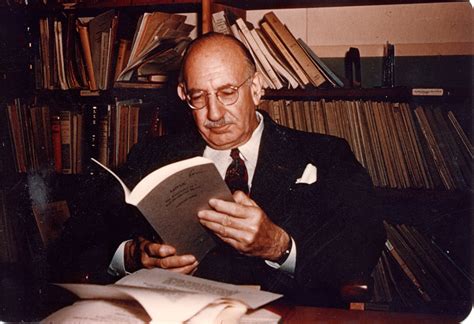A Quote by Wolfgang Paul
I am of course getting angry if biologists try to use the general concept 'chance' in order to explain phenomena which are so typical for living organisms as, for instance, those appearing in the biological evolution.
Related Quotes
Mosts scientist are unable to arrive at a specific definition of biological evolution. “Biological evolution is… change in the properties of populations of organisms (you and me) that [happen during] the lifetime of a single individual. The changes in populations that are considered evolutionary are those that are inheritable via the genetic material from one generation to the next
The existence of common features in different forms of life indicates some relationship between the different organisms, and according to the concept of evolution, these relations stem from the circumstance that the higher organisms, in the course of millions of years, have gradually evolved from simpler ones.
Evolutionary biologists often appeal to parsimony when they seek to explain why organisms "match" with respect to a given trait. For example, why do almost all the organisms that are alive today on our planet use the same genetic code? If they share a common ancestor, the code could have evolved just once and then been inherited from the most recent common ancestor that present organisms share. On the other hand, if organisms in different species share no common ancestors, the code must have evolved repeatedly.
Darwinian evolution is slow and gradual, step by step. Such an evolution can explain micro-evolution but not macro-evolution. For example, how did the eye evolve? The idea behind Darwinism is that organisms adapt, and that nature selects only those genetic changes which are the mutations that serve a good purpose for adaptation. So taken this way, the eye cannot develop gradually because one-thousandth or one-millionth of an eye would be of no value for survival. So generally this question rules out Darwinism as an adequate theory for macro-evolution.
When there are conflicts of observation, when experiments cannot be replicated, scientists may then retreat to a study of the various specific observations so as to explain the conflict, in the course of which they would make use of the concept of observation, or of some specification of that concept.
Since biological change occurs slowly and cultural changes occur in every generation, it is futile to try to explain the fleeting phenomena of culture by a racial constant. We can often explain them-in terms of contact with other peoples, of individual genius, of geography-but not by racial differences.
Is evolution a theory, a system, or a hypothesis? It is much more it is a general postulate to which all theories, all hypotheses, all systems must henceforward bow and which they must satisfy in order to be thinkable and true. Evolution is a light which illuminates all facts, a trajectory which all lines of thought must follow this is what evolution is.
The beauty of a living thing is not the atoms that go into it, but the way those atoms are put together. Information distilled over 4 billion years of biological evolution. Incidentally, all the organisms on the Earth are made essentially of that stuff. An eyedropper full of that liquid could be used to make a caterpillar or a petunia if only we knew how to put the components together.

































